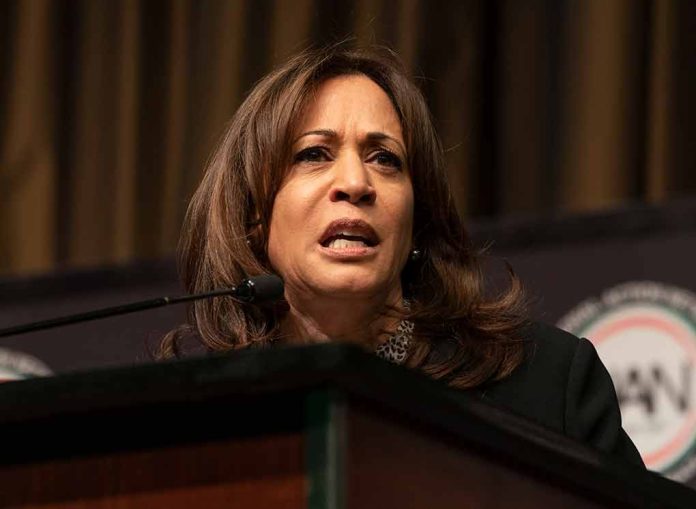
At a Glance
- Mark Cuban praised Harris for being “pro-business,” emphasizing her respect for President Biden’s proposals.
- Harris proposed a 28% capital gains tax rate for those earning $1 million or more.
- Cuban commends Harris’s focus on boosting small businesses and startups.
- Harris’s economic plans differ from Biden’s, particularly regarding capital gains taxes.
Cuban Supports Harris’s Business-Friendly Policies
Mark Cuban has hailed Vice President Kamala Harris for her centrist approach to financial policies. At a recent CNBC interview, Cuban described Harris as “going center 100 percent” on economic matters, noting her balanced stance between progressive demands and the business community’s interests. Cuban, unaffiliated with either political party, appreciates Harris’s nuanced policies aimed at supporting small businesses and fostering a favorable investment environment.
Capital Gains Tax Proposal
One of the contentious issues Cuban highlighted is Harris’s proposed capital gains tax increase to 28% for those with annual incomes of $1 million or more. While this rate is significantly lower than President Biden’s proposed 39.6%, Cuban argues that even a 28% rate may pose challenges for investors looking to fund riskier ventures. He suggested that higher capital gains taxes could deter investments, especially those aimed at benefiting underrepresented groups like women and young entrepreneurs.
Billionaire investor Mark Cuban discusses Kamala Harris’ economic agenda and describes her as “pro-business.”
Find what he had to say about her capital gains tax proposal here: https://t.co/gqbT5Lom98 pic.twitter.com/EDJALj4V1b
— CNBC (@CNBC) September 5, 2024
Boosting Small Businesses and Startups
Harris’s focus on increasing support for small businesses has also garnered Cuban’s approval. The Vice President introduced a plan to allow new companies to deduct up to $50,000 in start-up expenses, significantly higher than the current deduction. Cuban believes this move will make it easier for people to invest in new ventures, thus promoting innovation and entrepreneurship across different demographics.
“Vice President Harris is ‘going center 100 percent’ on financial policy.” – Mark Cuban
Cuban noted that this approach aims to balance the demands of corporate backers with those of progressive supporters, a challenging but necessary endeavor in today’s polarized political environment.
Kamala Harris is pro-business, according to Mark Cuban https://t.co/cqJOG2KYz4
— Quartz (@qz) September 5, 2024
Differences From Biden’s Economic Plan
Harris’s capital gains tax proposal is part of a broader economic strategy that contrasts with President Biden’s plans. For instance, Biden’s fiscal 2025 budget includes a 25% minimum income tax on wealth above $100 million, encompassing a tax on unrealized gains. In contrast, Harris supports a “billionaire minimum tax” but has not explicitly rejected taxing unrealized gains. Cuban noted that Harris’s aides are exploring alternative revenue sources, suggesting a strategic difference in their economic viewpoints.
“Every conversation I’ve had is that it’s not going to happen,” Cuban said on CNBC’s “Squawk Box.”
Cuban continues to advocate for policies that encourage investment in startups, emphasizing that such investments are critical for economic growth and job creation. He argues that higher capital gains taxes could undermine these objectives, making it more difficult for investors to fund ambitious ventures.
Harris’s Ongoing Economic Discussions
In a series of meetings with Harris’s team, Cuban has voiced his concerns and offered support for policies that promote broad-based economic growth. Harris has consistently shown a willingness to engage with business leaders, reflecting her focus on creating a balanced economic environment. Her attempts to alleviate concerns over higher capital gains taxes suggest a pragmatic approach to policymaking, aimed at maintaining investor confidence while pursuing progressive economic goals.
As the debate continues over the effects of Harris’s economic policies, Cuban’s input highlights the complexities of balancing fiscal responsibility with the need to foster innovation and entrepreneurship.
Sources
1. Mark Cuban says Harris won’t tax unrealized capital gains: ‘Not going to happen’
2. Mark Cuban: Harris ‘going center 100 percent’ on financial policy









